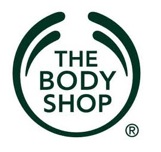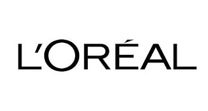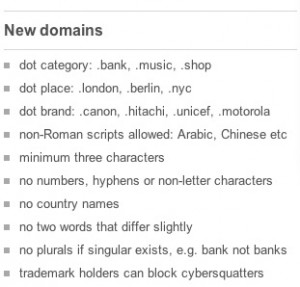From our social entrepreneur class, the definition for a social entrepreneur is “someone who recognizes a social problem and uses entrepreneurial principles to organize, create, and manage a venture to make social change”. This is exactly what Hilary Peters did. She set up a non-profitting company that sales postcards to the public painted by prisoners.
I think this idea has a very strong impact because Peters’ social purpose is to change our perspective of thinking negatively with relevance to prisoners. It is also a great start-up of a local and small business that has the potential to effect our thinking internationally.
What catches my attention is how Peters financially functioned her company. First, she printed the first batch of cards through “love” money. She then invested her profit into printing the second batch and started the business from there. What is great is that the revenue earned from these postcards goes towards funding for employment of the prisoners that will soon be back in society. Thus, this “cycle” provides increased employment rates locally, as well as provide opportunities for those that find it difficult to find jobs because of previous criminal records.




 (Samsung Galaxy Tab 7.7)
(Samsung Galaxy Tab 7.7)
